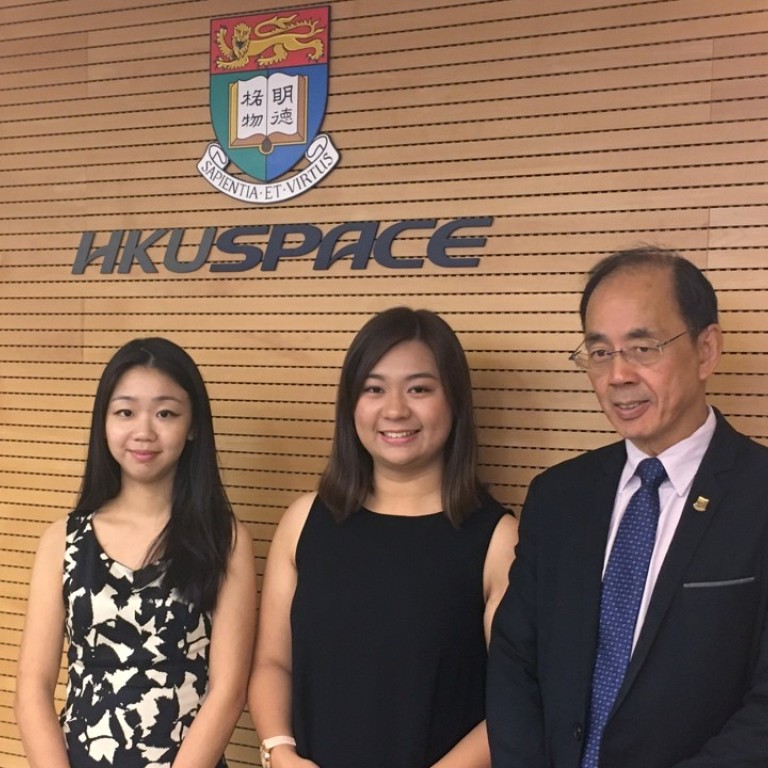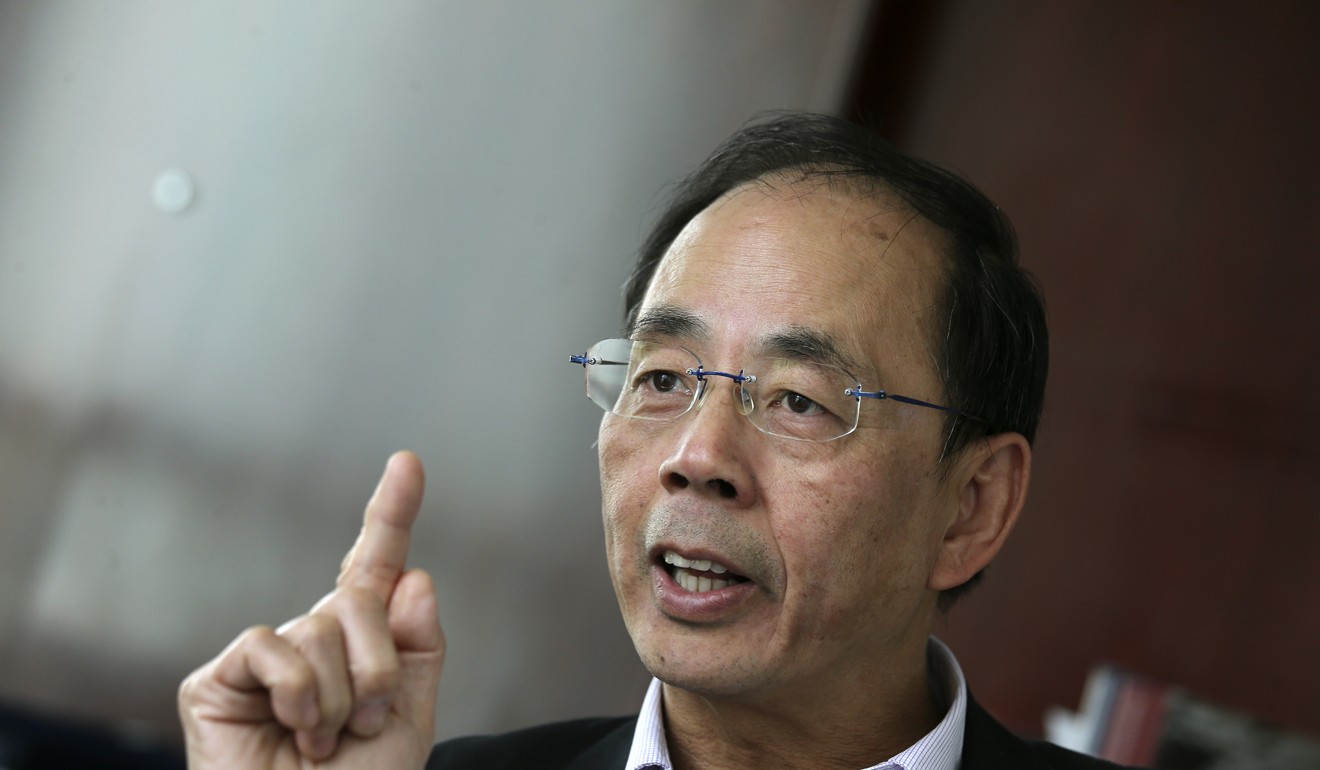
Head of HKU Space defends associate degrees as HK$30,000 subsidy targets others
Fearing dip in enrolment, he proposes refunding subsidised amount for such students if they eventually enter universities
The principal of one of Hong Kong’s biggest providers of the frequently debated associate degree programme is defending its role in higher education, arguing it offers students a quality learning experience and a second chance to enter public universities.
The comments by Professor Chan Lung-sang, of HKU Space Community College, came as the new administration planned to review the positioning of associate degrees, and days before 20,000 secondary school graduates who met the basic requirement to enter these eight universities find out whether they secured a place.
The competition is fierce, with only 15,000 first-year government-funded undergraduate seats available. Those who are unsuccessful typically opt for self-financing degree programmes or sub-degree programmes, such as the more academically focused associate degree and the more vocation-oriented higher diploma.

“The government’s stance is very clear. The HK$30,000 is to help the self-financing institutions [instead of students] that are not doing well financially, and students enrolled in self-financing courses [at public universities] cannot benefit,” he said.
The government’s stance is very clear. The HK$30,000 is to help the self-financing institutions
Chan said if the subsidy was intended to help students, it should include those taking such programmes at public universities. He proposed refunding the subsidised amount for students in associate degree programmes if they eventually enter university.
Instead of just focusing on the role of associate degree programmes, Chan added, the government should review higher education as a whole and come up with more long-term plans.
Highlighting the merits of sub-degrees, he noted his school offered over 80 programmes – many more compared with the number of offerings at most self-funded institutions in the city.
The website of Shue Yan University, the only local private university, showed it offered 13 undergraduate programmes for the upcoming academic year, while Chu Hai College of Higher Education, a private degree-granting institution with 70 years’ history, offered 15.
Chan also sought to dispel the myth that it was difficult to gain admission to public universities after enrolling in a sub-degree programme.
Following the money: Hong Kong self-financing degrees gain more students with new education subsidy
He said 60 per cent of HKU Space students in associate degree programmes and 30 per cent of those in higher diploma courses were able to attain a place in the third year of public universities.
“The student learning experience at self-funded institutions is in many ways inferior to that of the [publicly funded] universities,” he added, noting HKU Space students enjoyed access to the University of Hong Kong’s library and sport facilities.

